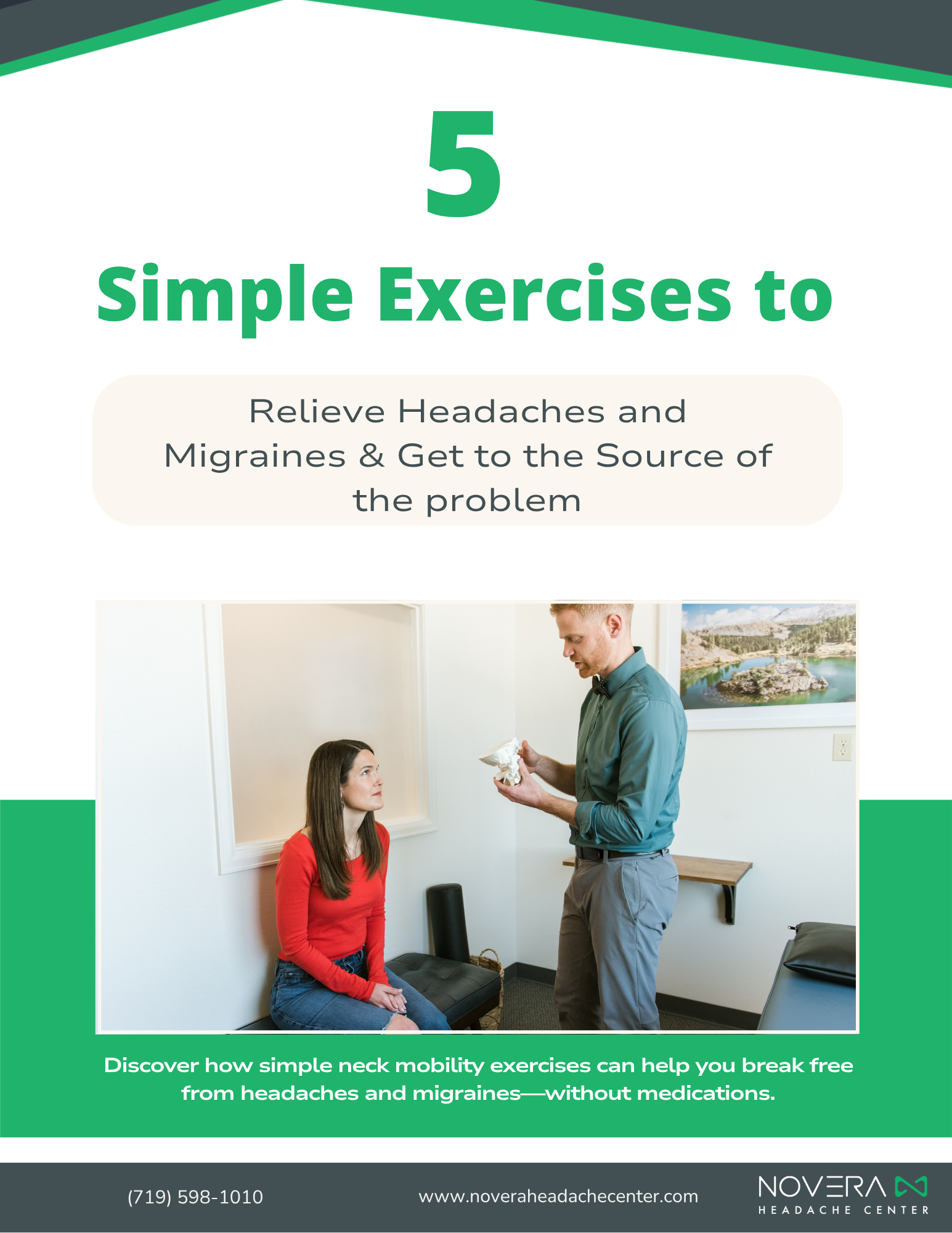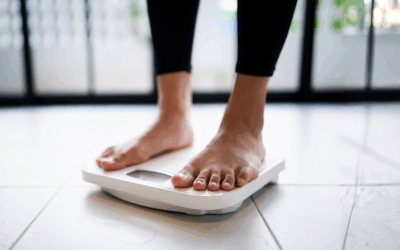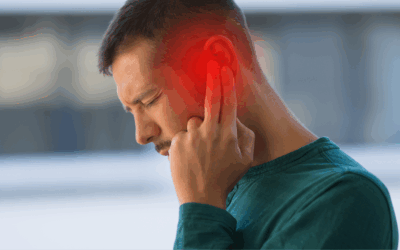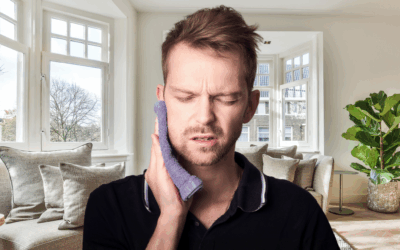Obstructive sleep apnea, or OSA, is a sleep disorder that impacts over 425 million people worldwide. It is characterized by episodes of stopped breathing during sleep, loud snoring, excessive daytime sleepiness, and morning headaches. According to a 2020 study published in Brain Sciences, morning headaches are one of the more common symptoms of obstructive sleep apnea that can potentially affect your everyday activities. In a study of 1,131 patients who had sleep apnea, around 29% of them reported having morning headaches. So what is the tie between OSA and headaches?
We discussed this question during our sleep apnea podcast episode featuring Dr. Kevin Goles of the ,Breathing and Sleep Center in Colorado Springs, CO and here are some of the factors we learned:
Jaw Tension
- Studies have found a high correlation between patients with sleep apnea and sleep-related bruxism (unconscious clenching or grinding of the teeth during sleep). Dr. Goles explains that when people with sleep apnea stop breathing at night, their body will instinctually clench their jaw and wake them from sleep. This repeated clenching and grinding can create stiffness and tension in the muscles in the face and jaw – which can lead to headaches and ,TMJ disorders over time.
Forward Head Position
- Patients with sleep apnea often have underdeveloped airways which make it difficult to breath throughout the day, and especially during sleep. Their bodies will often compensate for this by maintaining a forward head position with their head tilted and their lower jaw thrusted forward in order to open the airway. This posture puts strain on the back of the neck in the occipital region, an area that we have found to be the source of many types of tension headaches.
Sleep Deprivation
- Obstructive sleep apnea causes its sufferers to wake up periodically throughout the night. Because of this, patients with OSA do not get a full night of restful sleep and often do not get any REM sleep at all. REM sleep is essential for the brain and body to recover from day to day life. Chronic sleep deprivation can leads to inflammation within the body, which is a trigger for many headache and migraine sufferers.
The full interview with Dr. Goles can be found here. If you or someone you know is suffering from headaches tied to sleep apnea or jaw pain, do not hesitate to reach out for a free consultation. We would love to talk with you about how we can help!




